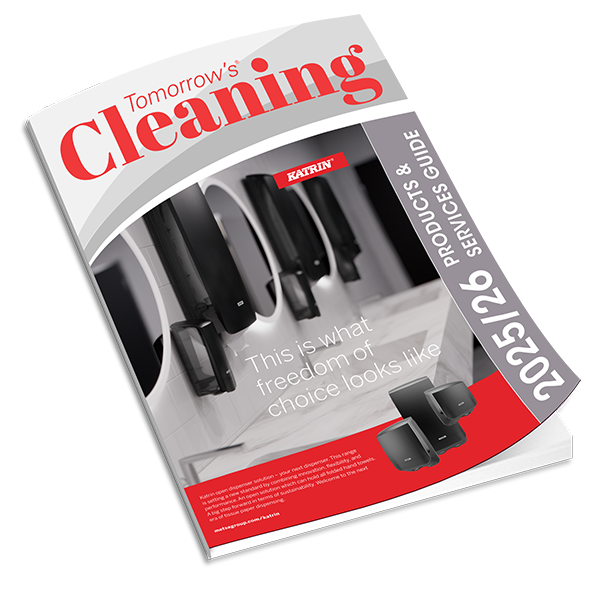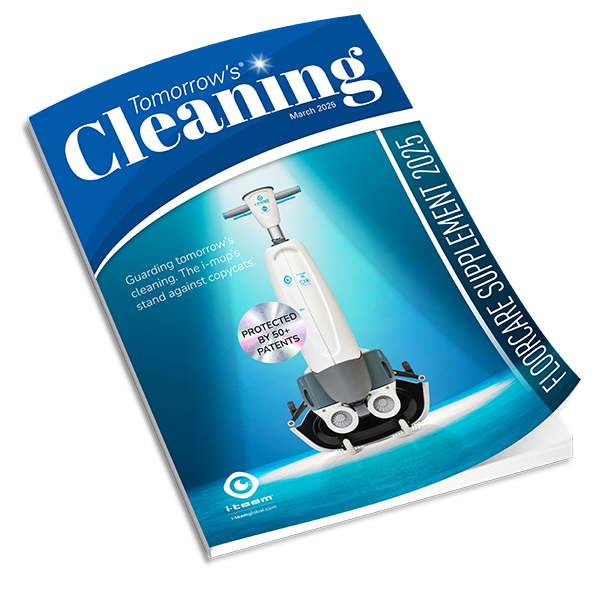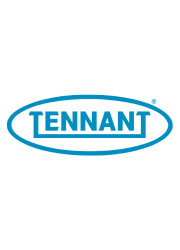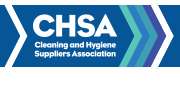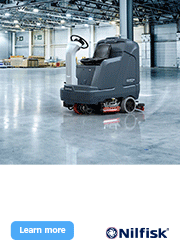As UK businesses face rising pressure to minimise their environmental impact, particularly those within the Facilities Management sector, Biological Preparations has responded with their latest easy-to-use innovation through its BioHygiene brand.
The Paper Biotech Sachet Range is a cost-effective, space-efficient and eco-friendly alternative to RTUs, which means more businesses can achieve sustainable cleaning without compromising on performance.
BioHygiene’s water soluble paper cleaning sachets combine Biotech and Ecotechnologies. They utilise sustainable, naturally-derived ingredients from the fermentation of plant-based resources in combination with cleaning agents and eco-solvents produced from bio-renewable feedstocks. The sachets as supplied have lower hazard classifications compared with market alternatives and are non-hazardous in use, minimising user risk. Ingredients have been carefully selected to ensure minimal CO2e and aquatic toxicity, whilst optimising safety and sustainability.
The trio of biotech products comprises of Complete Washroom Cleaner, Cleaner and Degreaser, and All Surfaces and Floor Cleaner. Using its carefully synergised formulations, users of these products will benefit from deep and residual cleaning, whilst removing odours. Plus, with the small ready-to-use sachets, businesses will save on storage and no longer have to worry about incorrect dilutions, which inadvertently increase costs. Distinct from most market cleaning sachets, BioHygiene’s latest range banishes single-use workspace plastics whilst avoiding microplastic pollution.
The launch of this range allows more businesses across all industries to have access to market-leading biotech, allowing more businesses to be cleaner, leaner and greener.
Erum Ahmed, Director of Sales at BioHygiene, said: “Our sachet range will help substantially reduce product storage requirements – an A5-sized paper bag holds 20 sachets, the equivalent to 10 RTU product bottles. This has a huge knock-on effect in reducing the financial and environmental cost of transport. We are particularly excited about the positive impact this range will have on smaller sites and those sites with a high turnover of cleaning operatives.”














